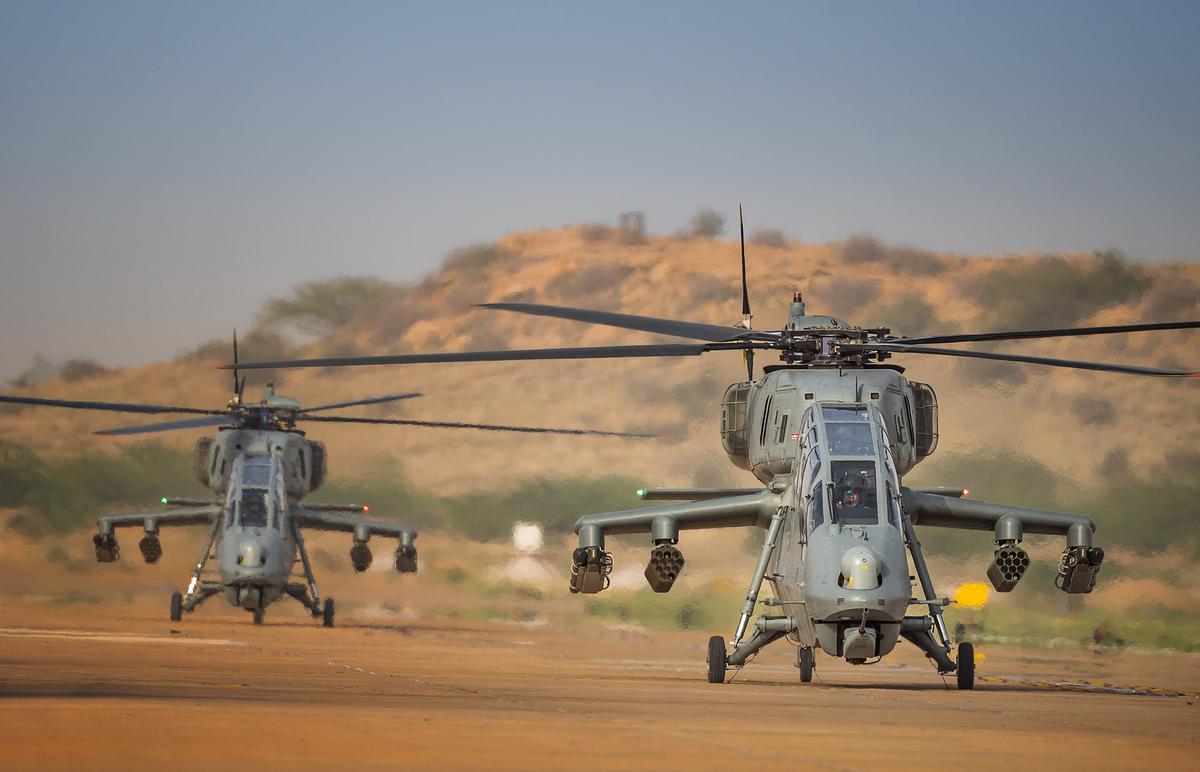
India is strategically repositioning itself on the global defense stage, expanding its military connections and actively pursuing arms export opportunities. This shift reflects the country's response to a changing geopolitical landscape and increasing competition as rival powers aim to extend their influence.
On Wednesday, government sources revealed India's plans to station 15-16 new defense attachés, drawn from its Army, Navy, and Air Force, in various countries. This deployment includes Poland, Armenia, Tanzania, Mozambique, Djibouti, Ethiopia, Ivory Coast, and the Philippines. The move comes after careful restructuring that saw a reduction in military personnel at larger embassies in traditional partner nations such as Russia, the UK, and France.
A key focus of this realignment is establishing a presence in countries with promising arms export potential. India sees Africa as particularly important and aims to reduce China's considerable influence across the continent. Beyond strengthening existing military ties through joint exercises and training, India is aggressively marketing its domestically produced defense systems to African nations. Products like the Tejas fighter aircraft, Pinaka rocket systems, BrahMos cruise missiles, and Akash air defense systems are at the forefront of this export push.
India's decision to station defense attachés in Armenia demonstrates its ambition to broaden its arms export reach. Armenia, though facing regional tensions, has become a key buyer of Indian weaponry. Recent agreements to sell Pinaka rockets, Akash missiles, and other defense technologies signify India's willingness to work with nations involved in active conflict.
Adding defense attachés has multiple benefits. It strengthens India's diplomatic standing in strategically significant regions, allowing deeper cooperation and better intelligence sharing. Importantly, these attachés promote Indian defense exports, boosting the domestic defense industry and supporting economic growth. Finally, this move showcases India's intention to play a more assertive role in global security and to protect its own strategic interests.
